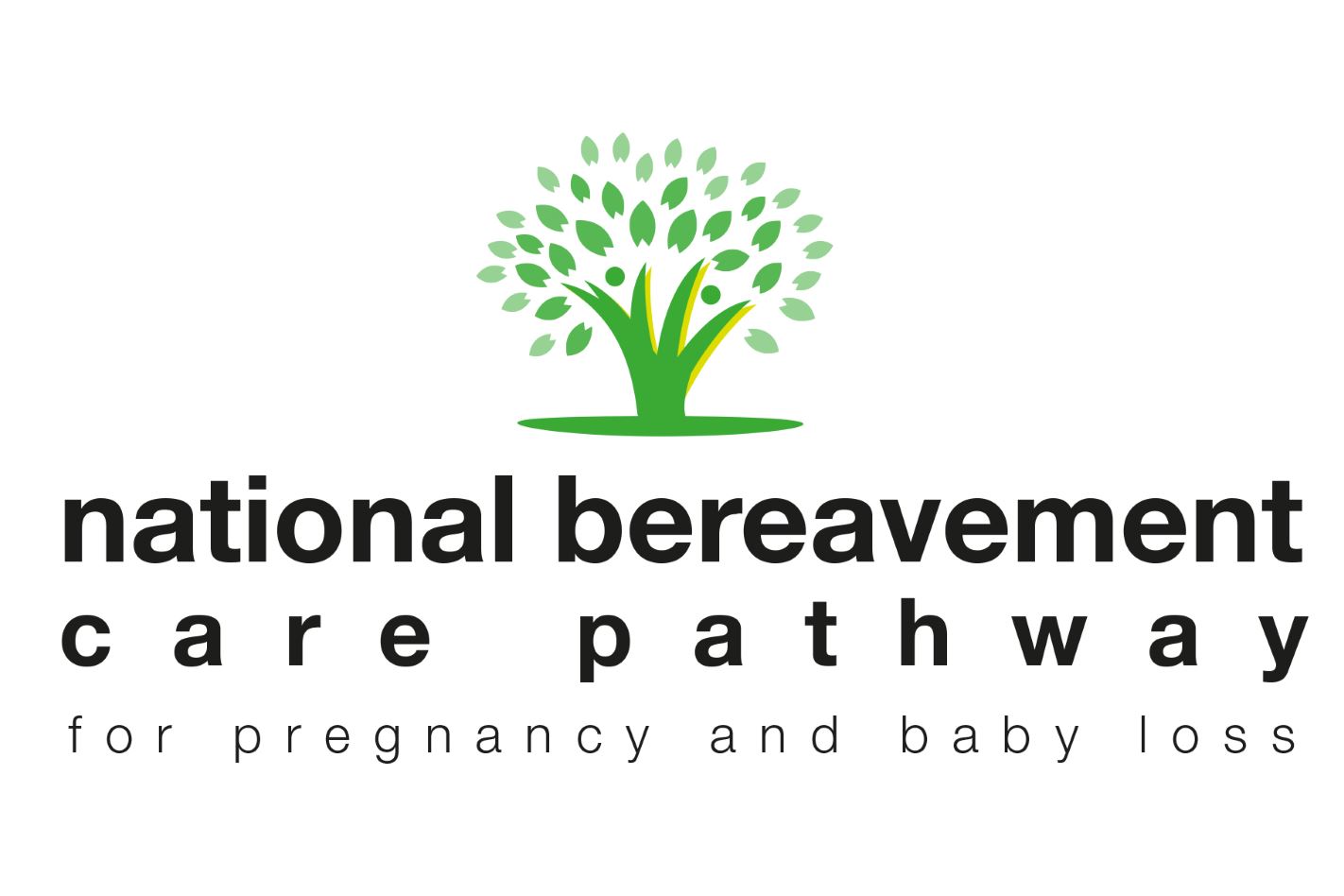9 – 15 October, Baby Loss Awareness Week #BLAW2018, sees the publication of a significant piece of national collaborative work to develop a National Bereavement Care Pathway (NBCP).

Statistics for #babyloss tell us that around 15 babies died before, during or soon after birth every day in the UK in 2015. Of those, 9 babies a day were stillborn1. Additionally, one in four women will experience a miscarriage in their lifetime and one in one hundred will endure recurrent miscarriages (more than 3 in a row)2. Many of these women and their partners will go on to have a successful pregnancy and others may already be parents. Therefore, as health visitors we will already be working alongside many families affected by baby loss, and will contribute to the delivery of quality care to support new parents through a devastating time.
iHV has been honoured to be part of the National Bereavement Care Pathway (NBCP) work for England over the past year, meeting alongside 13 or more different national charities and professional bodies (Bliss, Lullaby Trust, RCM, RCN, etc) on the project led by Marc Harder for SANDS, with the support of the Department of Health and the All Party Parliamentary Group on Baby Loss. The aim for the project is to ensure that all bereaved parents are offered equal, high quality, individualised, safe and sensitive care in any experience of pregnancy or baby loss, be that miscarriage, termination of pregnancy for fetal anomaly, stillbirth, neonatal death, or sudden unexpected death in infancy (up to 12 months).
The NBCP Core Group has overseen the development of specific pathways to support each experience of loss described above, with the Training sub-group creating a training toolkit to support dissemination. There has been a Wave 1 pilot of the pathway in 32 sites from October 2017 and a further 21 sites in Wave 2, including one area of Harrogate and District NHS Foundation Trust that employs health visitors. Valuable feedback from hundreds of professionals and parents has fed into the project and shaped this vital work to ensure that it supports the delivery of consistently confident, parent-centred, empathic and safe care when a baby dies.
Go to: www.nbcpathway.org.uk to review the Sudden and Unexpected Death in Infancy (up to 12 months) pathway. See also: National Bereavement Care Pathway – standards.
The work is now heading towards national roll out and will bring huge benefits to parents and professionals alike. Please share this work amongst your health visiting colleagues and managers to discuss how the pathway and standards might be implemented in your area. Dissemination is key – help spread the message as widely as you can with all your multi-agency colleagues (GPs, Midwives etc) and check they are aware of the emergence of the national pathway.
Of note there is also work commencing in Scotland this month to bring the NBCP project to Scotland. Please contact [email protected] if you are an HV and would be interested in contributing to the Scotland project.


